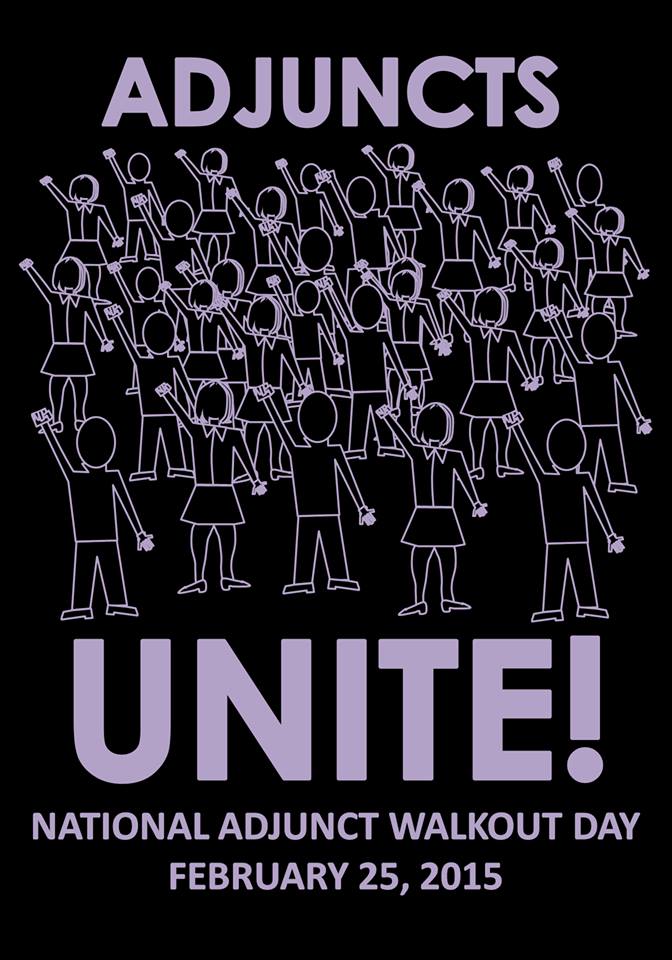


Forbes
MAY 10, 2012
A “Generation of Sissies”

-by John Mariotti, CONTRIBUTOR
My Other Website
http://www.mariotti.net
The “elephant in the room”— one big question in the minds of so many Americans is—“Why has the middle class in America lost so much ground, and when will it recover to earn better wages (and close the gap between the top earners and the middle class)?” The answers are brutally simple: ”Because America’s middle class became non-competitive globally,” and, “Not until American middle class workers—and the kind of work they do—become globally competitive again” There are two huge problems facing the America in the future: one is demographic, the other is cultural.
1) “Baby Boomers” are retiring from the work force at the rate of 10,000 per day, and will do so for 17 years. Most of them don’t have enough pension or 401(k) assets to support retirement for their life expectancy (15-20 years). Too few employers will hire these older folks, with their potential problems of age—reduced stamina and more health-related problems (and higher health care costs).
2) In recent decades, American parents have raised a “Generation of Sissies”—of spoiled, lazy, pampered and over-rated youth—who are highly educated, but in things that the world doesn’t value very much (and thus won’t pay for). The top 25% may be as good, as bright, as motivated as ever, and will likely be as successful as ever. The vast majority of this generation consists of formally educated, but spoiled, soft post-adolescents, who will struggle to be self-sustaining as adults. Because of this, they will not be able to support the massive wave of retired “Boomers,” who will be going broke in their later years. In eras past, the elderly were supported by the coming younger generation(s). Those days are gone.
Members of this “Generation of Sissies” have been the victims of being coddled, babied, pampered, misled, misguided, and under-educated so badly that their “take care of me” upbringing cannot be sustained as they move into adulthood. The parents, who did this, also share in the responsibility for the failure of America’s educational system.
I won’t lay all the “blame” for these failures on American youth—although they have been willing accomplices. Parents and educators failed to prepare them for adult life in the cold harsh world, and where they must compete for gainful employment. Then the youth chose easy and fun majors in college; not the ones in that are in demand by employers. Thus they can’t find jobs, or certainly not good paying jobs.
For too long, American parents have also abdicated the responsibilities for educating and raising their children to a cadre of teachers and educational institutions ill suited for the task at hand. Parents used to prepare children to take care of themselves—sort of an apprenticeship in becoming an adult. Along the way, they used to teach them, and demand of them, that they learn critical personal skills, and useful, responsible habits—like earning your own way in life. Not any more.
Now, because of globalization the jobs have gone to wherever qualified workers will do them for the least pay. American workers have fallen behind global competitors. Thus, the American middle class, now and for the foreseeable future, will have to “play catch up” —learning new skills and how to apply them—and then employers will have to regain the work that provides the jobs. Otherwise, the middle class will continue to languish with subpar wages—at least until it becomes competitive again, if that ever happens. The only part of the middle class with growth prospects are employees of new, small businesses that grow–when they are not stifled by an oppressive government regulations.
Worse yet, is the untimeliness of this “Generation of Sissies,” who think that there are no winners or losers. They learned this because everyone got rewarded just for participating. Trophies no longer represented hard work and winning to them. Success meant just being involved and “showing up”—and sometimes, not even that. News flash for Americans of this Generation of Sissies: In the cold, harsh world of 21st century global business there ARE winners and losers—and YOU are losing!
The “Generation of Sissies was victimized by too-busy parents, who abdicated their responsibilities, and tried to pass them off onto schools and teachers. The teachers were not prepared to handle these new responsibilities. Add to this the expectations that have been created: “free meals” (government funded, means “free”) that go far beyond the old school lunches; “free transportation” (or being driven to school); “free extracurricular activities,” and much more. And for this, all they had to do was“show up.” Even grades are no longer a dose of reality. Kinder words replace letter grades, to soften the truth of impending mediocrity.
Schools now teach “softer studies” (some of which used to be taught at home by parents) make up over 1/3 of total credits: “21st century life,” or “career-technical education, or “health, safety, & physical education,” or “visual & performing arts,” and “language arts literacy.” Many students can’t write a grammatically correct sentence, and some don’t even see the point in learning to write (cursive) at all. They use Text-messages and Tweets. Signatures are nearly obsolete.
Schools still require a modicum of Math and Science, but not enough to meet todays employment demands. In many cases, one 3-credit course (out of 110 credits) is offered on financial, economic, business, and entrepreneurial topics. Teachers are not held to the highest standards either, since doing so would require compensating the best ones more, and removing the worst ones—and teachers’ unions (and tenure) simply won’t allow that. Today’s youth learn that being late, or absent isn’t so bad, because there is always an “excuse.” But when they get in the world of work, employers expect employees to show up, on time, every day, and actually work all day.
Then parents pay a fortune (instead of putting it away for retirement) for college because it used to be a sure path to a decent job (Now students graduate deeply in debt—over $1 Trillion and rising). A degree in the arts or humanities may have once been the ticket to a job, but it’s not any more! The youth of today and the adults of tomorrow simply have not been educated in the reality, the necessary skills and the knowledge they need to be competitive and self-sufficient. Many do not have a clear understanding of how much hard work and commitment they must invest to ensure their own future.
Too many people feel sorry for these “underachievers,” even though part of the failure is their own fault. The “Occupy movement” is filled with members of this “Generation of Sissies.” They expect someone to “take care of them” and give them what they cannot or are unprepared to earn for themselves. Who has what that they want? The very people who worked hard to get a good education, studied, learned, applied themselves and learned to compete.
There will be negative comments about my title: “Generation of Sissies”—as being demeaning. These comments will come mostly from the very same segment of society that helped create these problems—and still condones them. To them I say, “Prove me wrong.” Right now, the results confirm what I have written. Until America puts the onus for education back onto the people where it belongs—first on youth and their parents, and next on quality schools and good teachers—the American middle class is doomed to remain stuck where it is. Any other outcome is a delusion.
Can these problems be fixed? Yes, but it took an entire generation or more to create them, so the fix will be slow and painful–as it is proving to be right now. There is an even larger question. It is not, ” WILL AMERICA COMPETE in the global economy of the 21st century? It is, “DO AMERICANS HAVE THE WILL TO COMPETE? Will Americans take the necessary actions to make themselves and future generations competitive. We can only hope that the answer to this question is YES!





